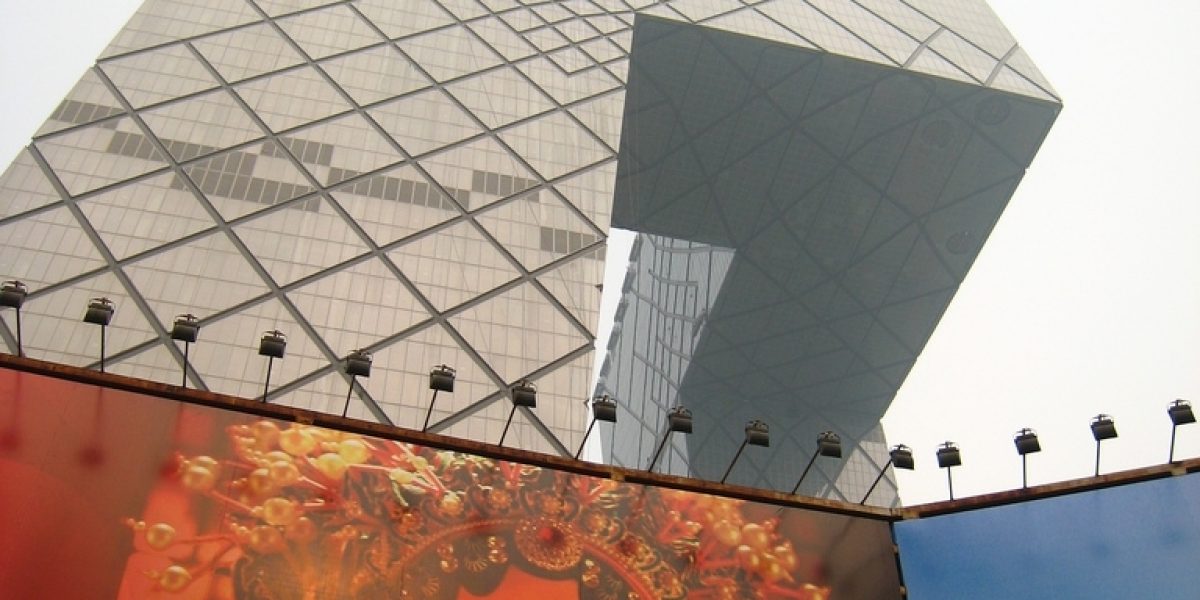With news that China has surpassed the US as Africa’s largest trading partner in 2010, the focus has shifted on how this development might affect Africa’s independence, growth and competitiveness. This has prompted Beijing to embark on a public diplomacy drive to counter negative opinions in Africa about its engagement in the region. So apart from its growing trade and infrastructure projects, it is also promoting a greater understanding of Chinese culture, policies and values. This non-coercive strategy, also known as soft power, is being undertaken by an increase in hosting of international events such as the 2008 Beijing Olympics and 2010 Shanghai World Expo; the establishment of Confucius Institutes throughout Africa; and more think tank and academic exchanges.
China’s public diplomacy has been invigorated with a commercially-edged facelift, to be – in the words of a senior member of the Politburo Standing Committee – more ‘timely, open, and transparent’. The key drivers of this approach are China’s state-owned media. Their presence in Africa, like China Central Television (CCTV), has diversified beyond infrastructure assistance and technical training. They now contribute to content creation, coverage and also the hiring of African journalists and reporters. In fact in January 2012, CCTV Africa began broadcasting programmes focused on China-Africa relations and issues within Africa presented by African professionals. Standing apart from other news outlets, it provides a platform for African views and tries to increase a knowledge exchange between Chinese and Africans. More recently, China’s biggest English newspaper, China Daily, announced that it would be publishing a weekly Africa edition.
China’s government-led media drive is partly global. As emerging economies become centres of unconventional growth, they are discovering a new area of engagement – the business of positive imagery. Governments are responding to the media fixation on their weak points and recognising gaps in important debates. In response, their efforts range from the already globally acclaimed, Qatari backed Al Jazeera, to the more recent Turkey Africa Media Forum – aptly themed ‘designing a common future and media’. Even Africans recognise the need to better present their story. At the Global African Diaspora Summit, the South African Minister of Home Affairs Nkosazana Dlamini-Zuma also commented, if ‘lions don’t have historians, their story will be told by the hunter’.
How does China’s increasing focus on a global media presence reflect on some of the challenges that other emerging players are facing?
A web of decisions
As new government voices increase their activities across the world, they find themselves facing hard realities when competing in the current media market. Apart from the required capital to convey messages across the world, is the ability to hold the world’s attention and acknowledgement in a massive pool of dissenting voices.
The first challenge is innovation. Emerging news media need to find their competitive edge and create a niche. CNN became the first provider of real time, 24-hour news in its coverage of the Gulf War. More recently, Al Jazeera is becoming increasingly recognised for its contributions to ‘citizen journalism’, being sent over 70,000 uploaded videos since the start of the Arab Spring. Essentially these platforms are providing lasting services and capturing audiences worldwide, and have contributed to the evolving nature of what we know as ‘news-making’ today.
The second challenge is timely coverage and credibility. Apart from China’s effective reporting during the 2008 Sichuan earthquakes, Beijing still seems unable and unwilling to open up its own internal, potentially painful and politically sensitive challenges to domestic and international scrutiny. This has to be understood against the backdrop of two diverse mindsets that mitigate against each other as China seeks to find its own development path and proceeds to integrate itself with the global community.
The ideals upon which mainstream news media are built are in conflict with the logic of Chinese traditional society. The news media addresses individual viewers, thrives on criticism and regards itself as a watchdog. Meanwhile traditional Chinese culture understands the family to be the basic unit of society. Imbedded within this group-orientated mindset is the risk of losing face (a person’s emotionally invested self-worth) that inhibits Chinese from making open criticisms.
However, China has found that the world is proving more intricate than just these dichotomies.
Going forward
Emerging countries survive in a very new world today. Because of the interconnected nature of the world, they can no longer go about their business quietly, simply because world opinion affects how their outward ventures are received.
However, to build credibility in a world that is so interconnected and where the citizen is increasingly involved in the news-making process requires exposing the human faces in their societies and not just official opinions. This is the way forward if they wish to be relevant, credible and connected to local concerns, in a world where the distinction between the local and global is increasingly blurred.








